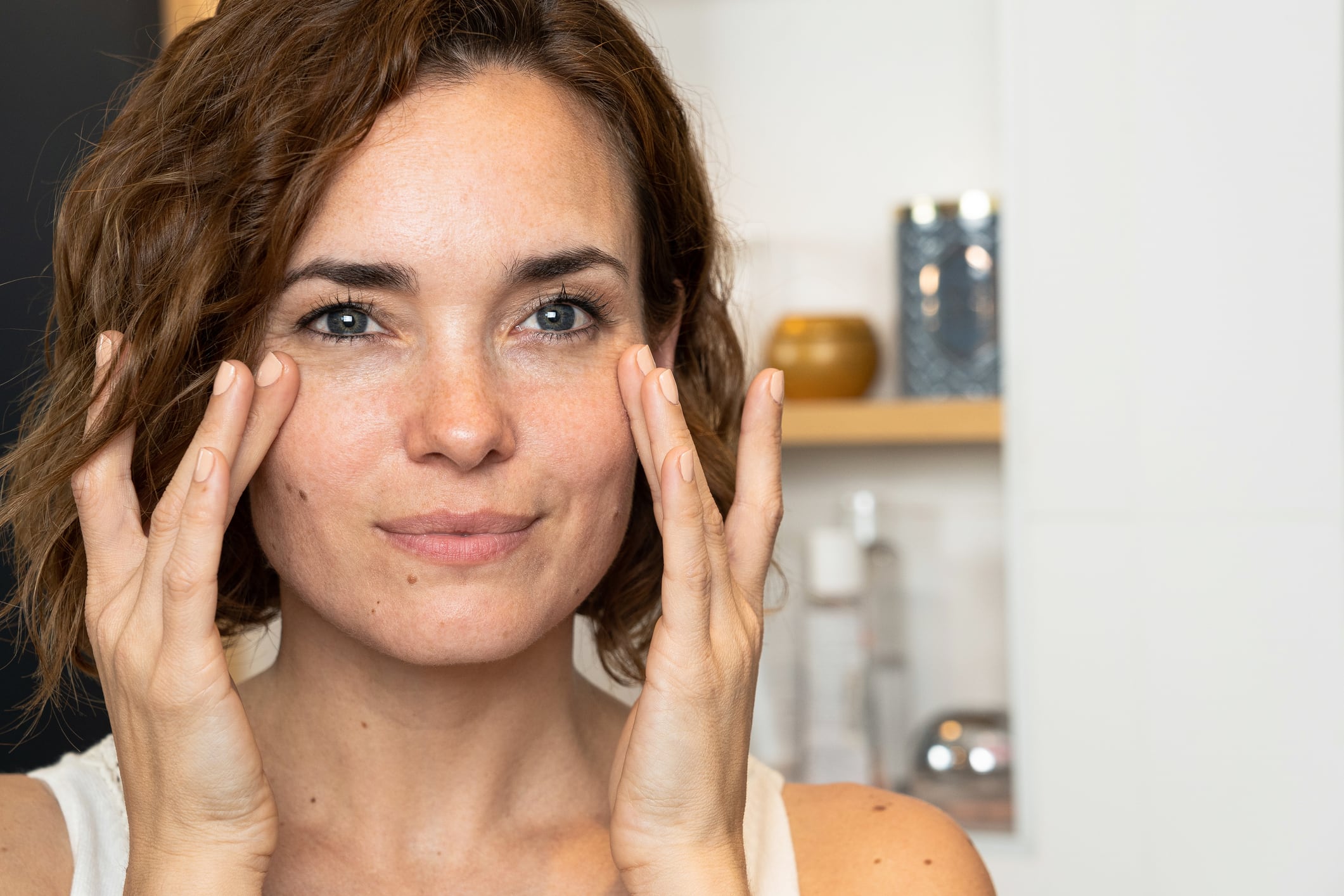Noting that sleep deficiency is now considered a public health issue affecting close to 30% of the global population, researchers at Canberra University in Australia considered data from 19 randomized controlled trials to determine how L-theanine supplementation affected sleep quality in a total of 897 participants.
“To the best of our knowledge, there has only been one published systematic review that has investigated the effects of L-theanine consumption on psychological stress parameters, while sleep outcomes were not included,” the researchers wrote in Sleep Medicine Reviews. “Therefore, the aim of this systematic review and meta-analysis is to evaluate the effectiveness of L-theanine consumption on sleep outcomes in humans of all ages and health status.”
The studies reviewed were identified through a search of the APA PsycINFO, CINAHL, Medline, Scopus and Web of Science databases and the Cochrane Central Register of Controlled Trials from inception to September 2024.
L-theanine for sleep deficiency
Sleep deficiency has been associated with the onset and development of negative health outcomes ranging from cardiovascular disease to neurological conditions, which the study noted contribute significantly to healthcare-related costs and workforce productivity losses.
As such, the researchers suggest that L-theanine might function as a fast-acting, natural sleep-enhancing aid that would avoid the risks of pharmacological options such as dependency, drug resistance and fatigue.
“It is absorbed into the bloodstream within approximately 40 min following consumption and is able to cross the blood-brain barrier influencing the levels of several neurotransmitters including dopamine, serotonin, glutamate, glutamine and gamma-aminobutyric acid (GABA),” they wrote.
“In humans, the consumption of L-theanine exerts several physiological and psychological benefits including lowered blood pressure and heart rate, reduced cortisol, enhanced alpha brain waves, indicating an increase in relaxation and stress reduction.”
Recent randomized control trials have reported promising results of L-theanine supplementation on sleep quality, however treatment duration, L-theanine concentration and intervention timing differed across these studies.
Improvements in subjective sleep, more research needed
The review reported that treatments with L-theanine improved subjective sleep onset latency in 10 studies, daytime dysfunction in nine studies and overall sleep quality score in 12 studies. No significant improvement was observed for objective sleep onset latency or subjective and objective sleep efficiency, sleep duration and sleep disturbances.
Study limitations acknowledged were the inclusion of 11 studies with multi-ingredient products, varying study lengths from one night to eight weeks and the use of L-theanine concentrations ranging from 50 to 1,000 mg. In addition, the researchers observed differences in individual results in studies of similar dose and duration, irrespective of whether sleep was measured using subjective or objective assessments.
“The findings of this review show the potential for L-theanine supplementation as a treatment option for the management of sleep disturbances,” the researchers concluded. “However, due to the limited number of studies investigating ‘pure’ L-theanine and the variations in study design, further investigation is warranted using a well-designed dose response trial in healthy and clinical populations with sleep disturbances.”
Source: Sleep Medicine Reviews. doi: 10.1016/j.smrv.2025.102076. “The effects of L-theanine consumption on sleep outcomes: A systematic review and meta-analysis”. Authors: Amanda Bulman et al.




